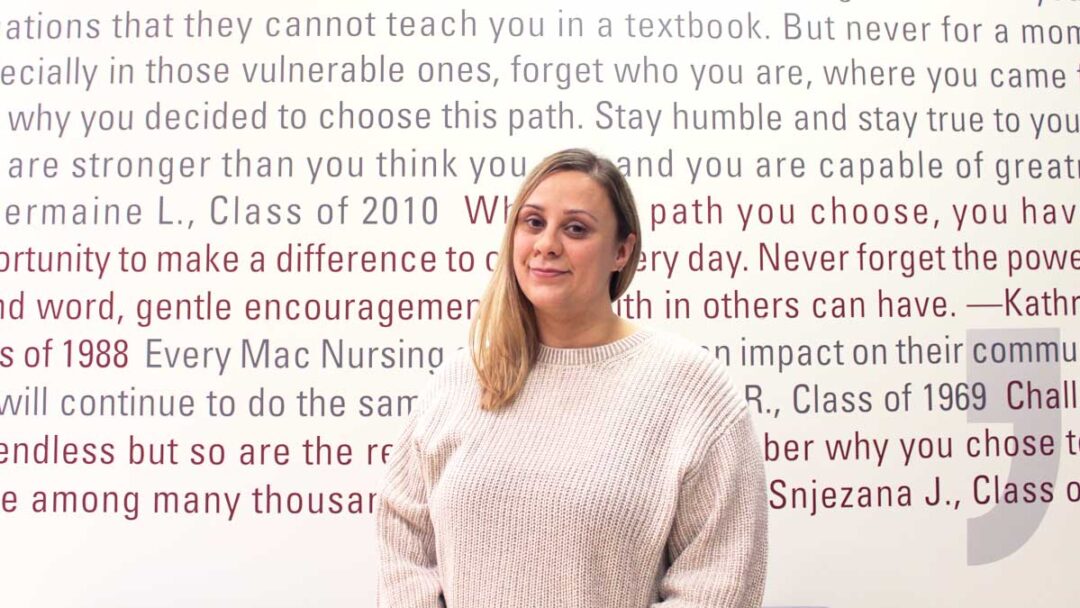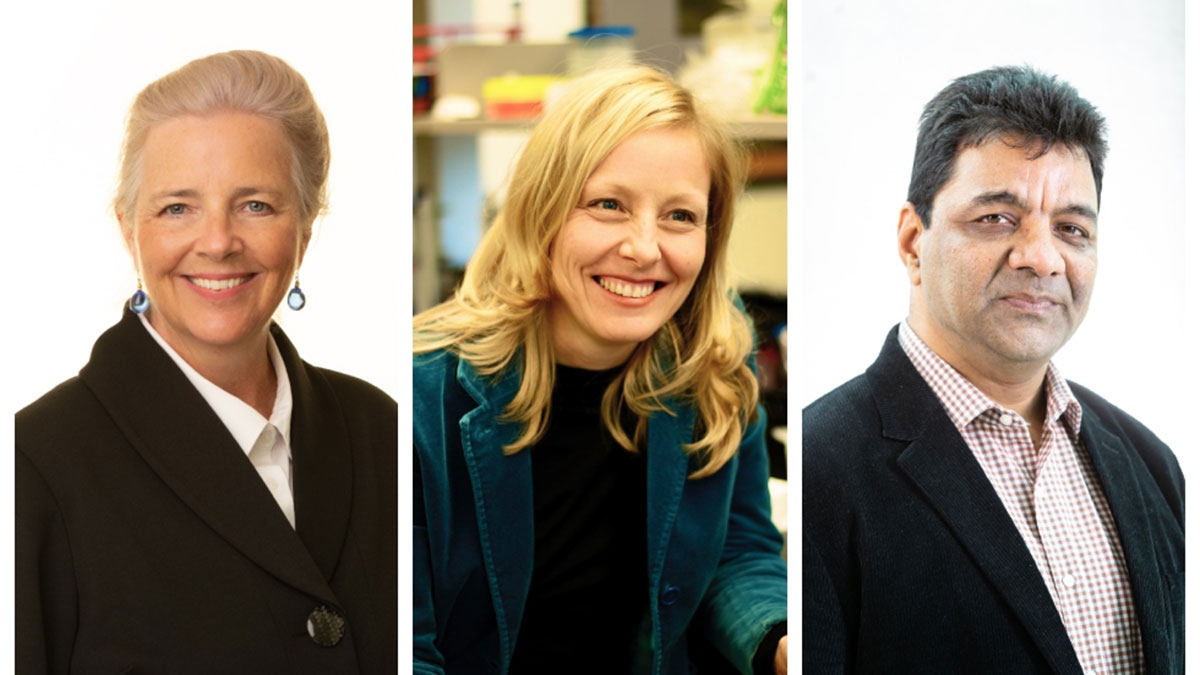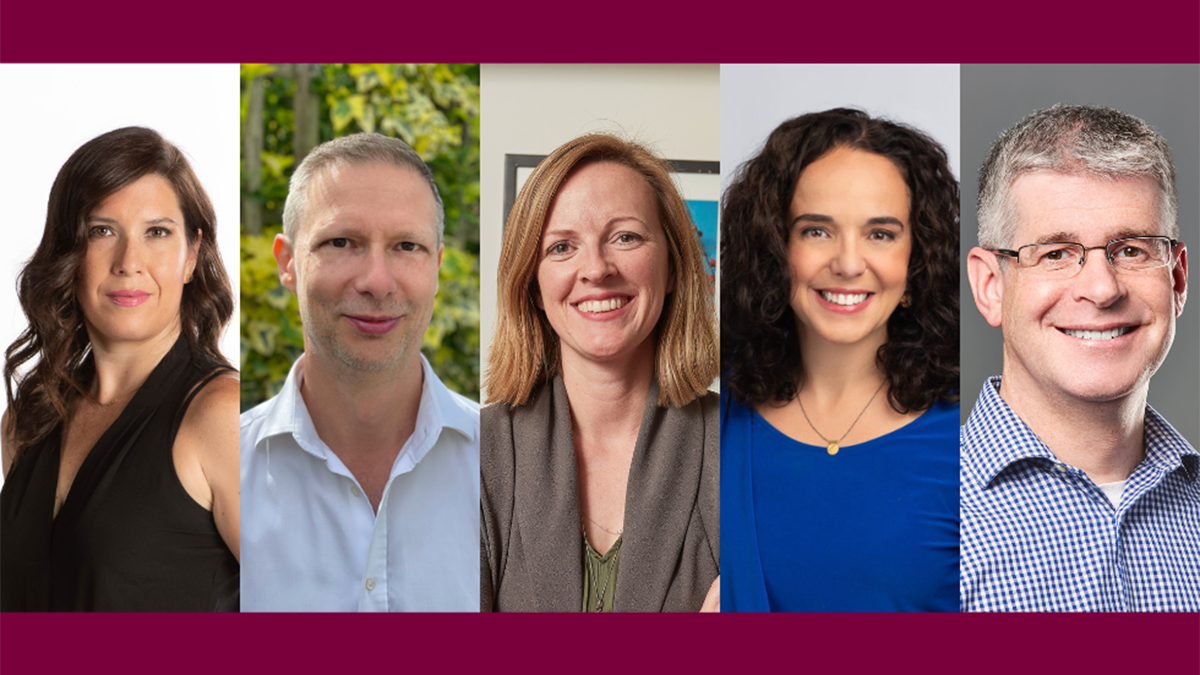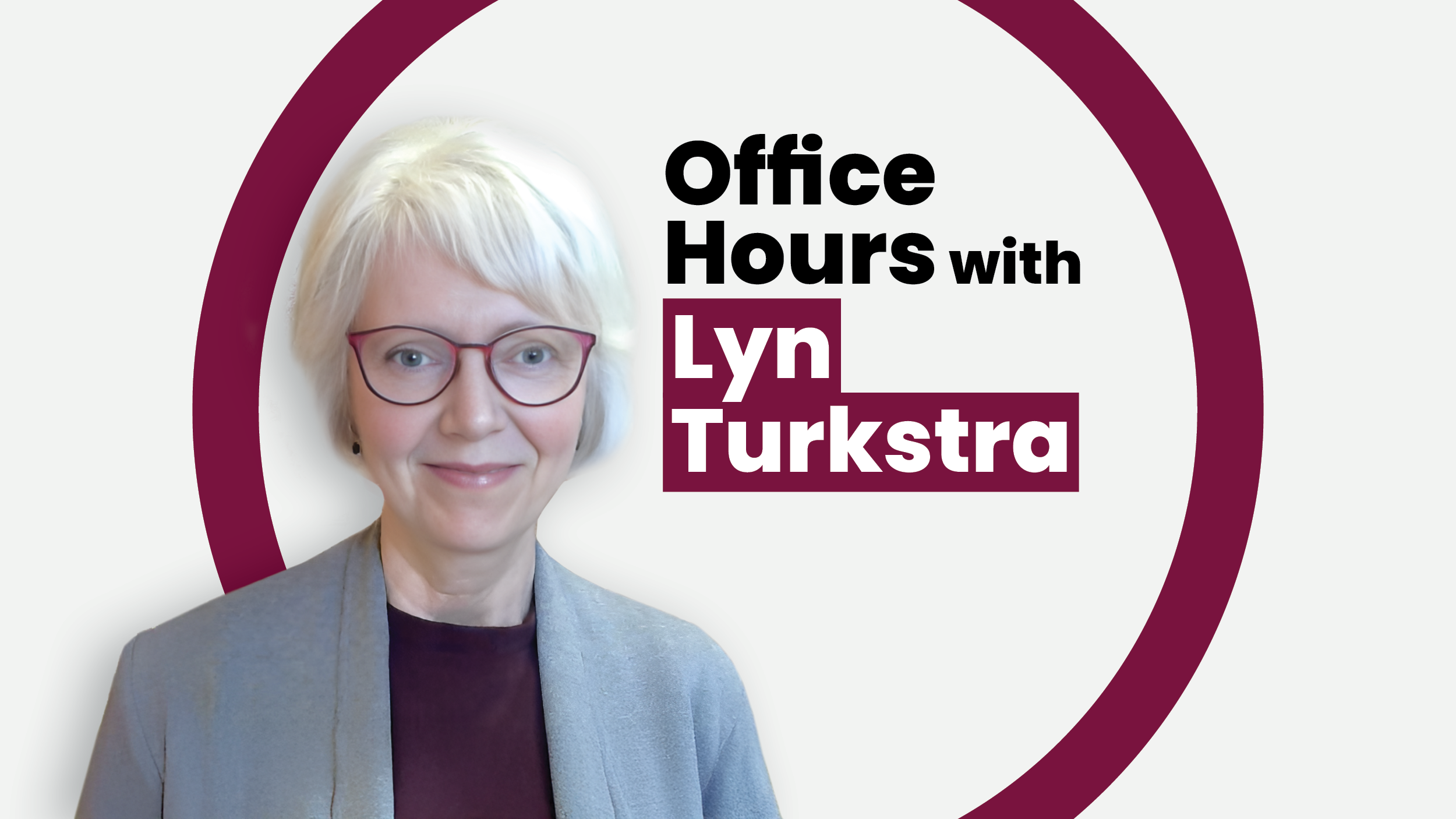Come to work with an academic resources manager

McMaster University’s Faculty of Health Sciences is powered by nearly 1,500 staff members. In the series “Come to work with,” we’re profiling staff across the faculty and the critical work they do.
Carla Dawson is an academic resources manager for McMaster’s School of Nursing. We spoke with Dawson about her over 15-year journey at McMaster and what keeps her motivated every day.
Who are you and what is your role with McMaster’s School of Nursing?
My career journey began in 2007 after completing my Kinesiology degree at McMaster. I started my career in the Department of Family Medicine and moved to the School of Nursing later in 2018. I have since gone on to complete additional training in Human Resources and Marketing. I have held roles in both clinical and educational settings, as well as in postgraduate and undergraduate.
My current role is the academic resources manager in the School of Nursing and I have been in this role for just under two years. The role includes working closely with our senior leadership team to ensure that the School of Nursing has the skilled educational resources in place to deliver our curriculums. I collaborate with our assistant deans to identify educational needs and anticipate areas for development and growth. I actively recruit instructors for the School of Nursing with the expertise and specialization that is required to teach the curriculum in our nursing programs. I am responsible for the hiring of our tutors and teaching assistants, and I work closely with our partners and teams to ensure effective onboarding.
What is a typical day like for you at McMaster?
Every day is slightly different which is something that I love about my role. While my role does have some predictability term-to-term, my day can quickly change, and I need to shift priorities based on the needs of the school. Recruitment is constant in my role, as well as connecting with our partners and our part-time faculty. I am one of the main points of contact for our part-time faculty, and it is important to me that I stay connected with them. I care a lot about our faculty members – both the work that they do at the school and the work that they do outside of the school. We have an incredible group of faculty members that bring a wealth of experience, passion, and dedication to our program. It is important to me that they know that this is valued and important.
You have been with McMaster for just over 15 years – what has been your journey? And what keeps you interested?
I graduated from McMaster in 2007 and it has always felt like home to me. The people at McMaster, from our learners to our staff to our faculty members, make this an amazing place to learn and work. I have always felt that there is a strong sense of community and purpose in our work, whether it was delivering patient care, to delivering curriculum. We all play an important role in a learner’s journey and we may just see a small piece of that learner, but every interaction we have with them can have a big impact on their life and it is important to remember this in the work that we do. Those moments are what I love most about my work – knowing that I may only be there to support an instructor or learner for a small piece of their journey, but that I can ensure that they feel supported, cared for and heard.
What advice would you give to someone just starting their career at McMaster?
I would say to build relationships with your colleagues and networks. Connecting with my colleagues in other departments has helped me grow in my own role. Also, take advantage of the programming and opportunities that McMaster offers. I have been honoured to work with leaders that have encouraged me to develop my own skills and to never stop learning.
What is the biggest lesson you’ve learned during your career?
A few things that I’ve learned during my career are:
- How important communication is in every aspect of our day-to-day.
- The words we use have impact and meaning to others – always ensure we keep the receiver of our message in our mind.
- Always remember that there is so much more behind a person, so treat people with kindness and compassion.
- And when things go wrong remember to smile, laugh, acknowledge the error and then work together as a team to find a solution.
Come to work with, Faculty & Staff
Related News
News Listing

2 days ago


